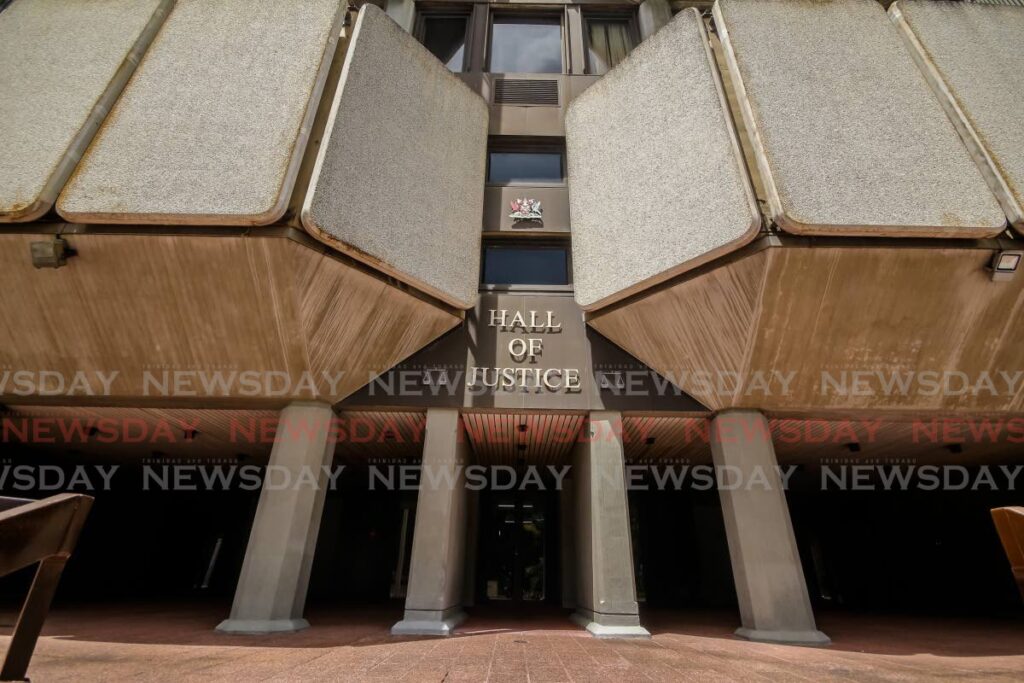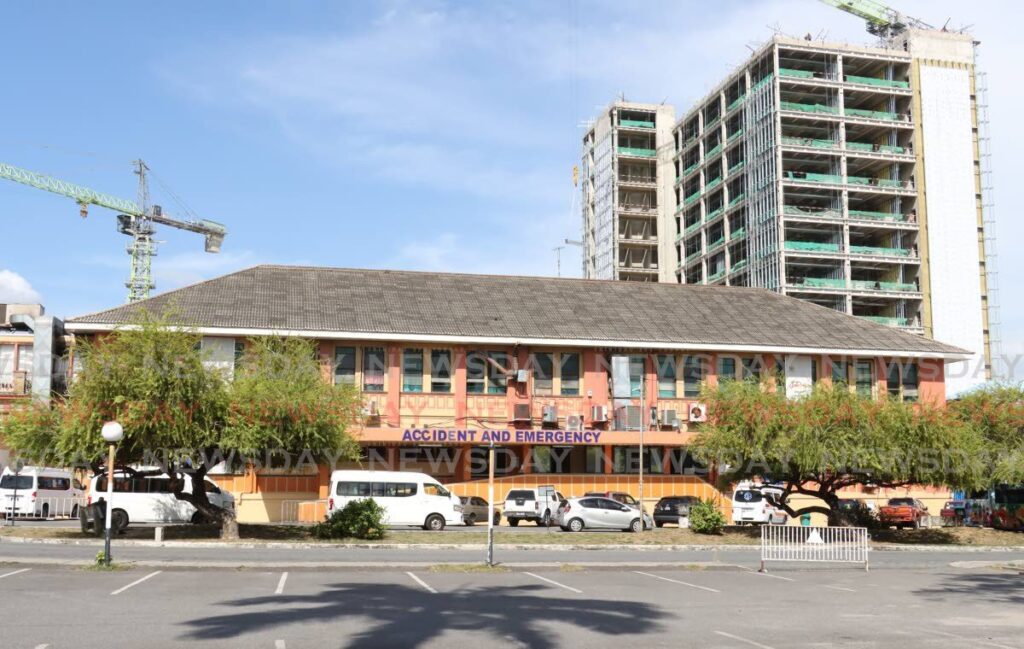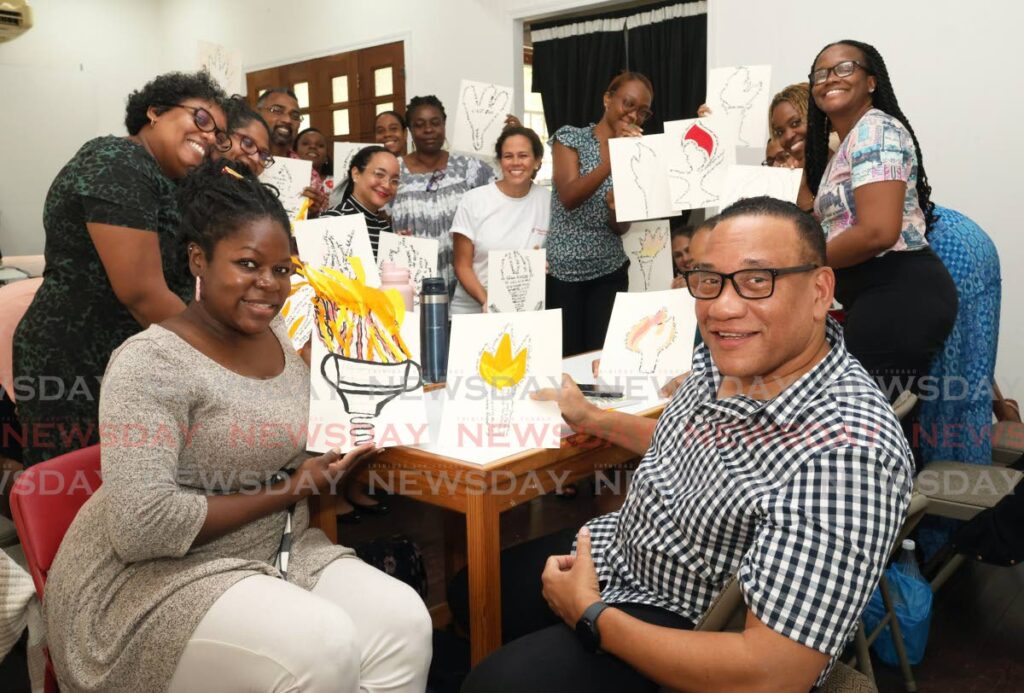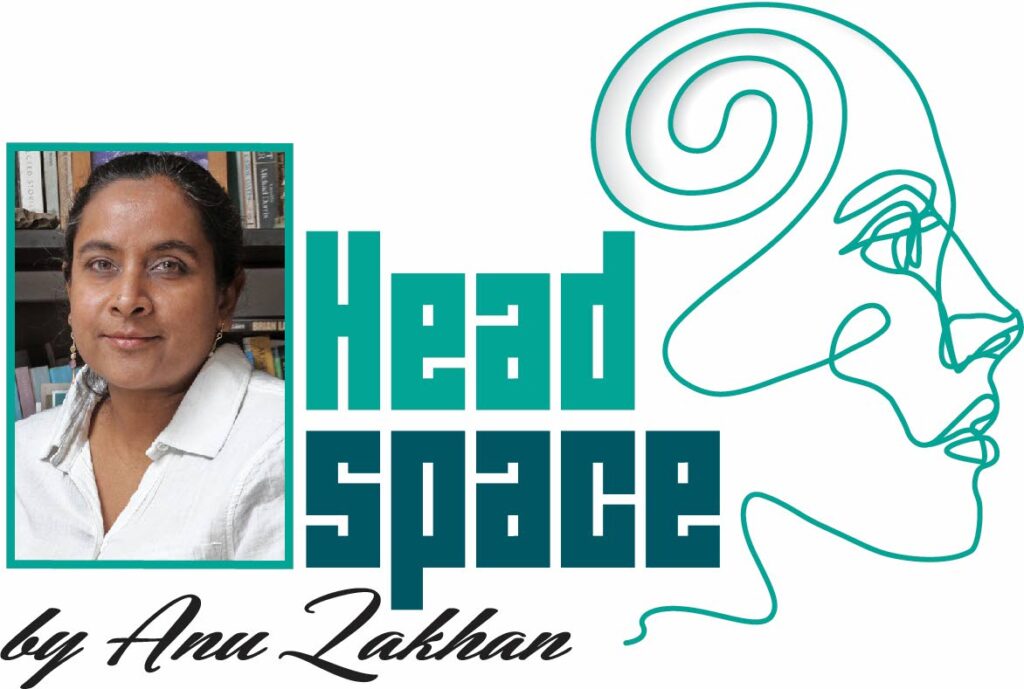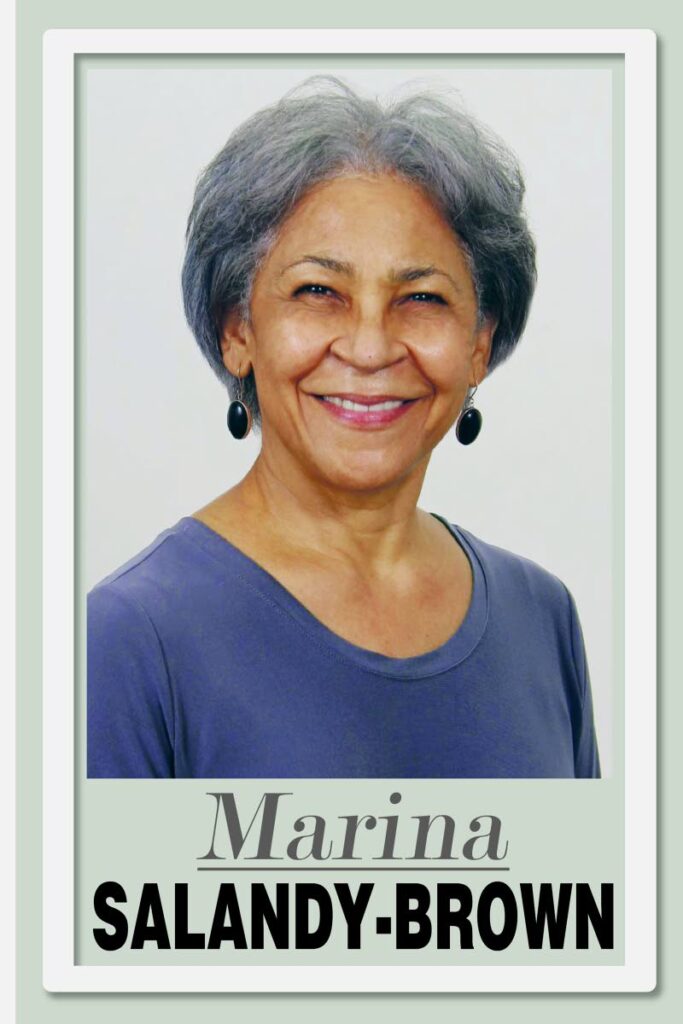Bless our cultural diversity
Written by Ramesh Deosaran on November 3, 2024
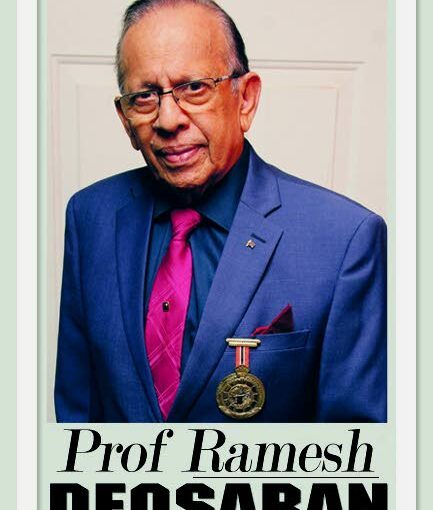
This year’s bright Divali messages remind us again of the spiritual and moral options we still have in removing the darkened conditions now facing us.
As President Christine Kangaloo, Dr Rowley, Opposition Leader Kamla Persad-Bissessar and National Council for Indian Culture President and Independent Senator Deoroop Teemal strove to explain, Divali’s message of light over darkness, knowledge over ignorance and good over evil must move into actions to validate the divine messages.
Teemal’s fire-cracker view was: “The Divali Nagar must not be a political football.”
The speeches, symbols and rituals of Divali are used, hopefully, as means to a higher end.
The technologically-driven Divali Nagar stage was colourfully majestic in design. The music and songs kept the celebrations joyfully alive.
Imagine, of the Kumar Tassa Band of ten, half were beautifully-dressed women. And pepper roti, now rivalling doubles, set up close by booths for tests for eyes, blood pressure, etc.
Look, I feel happy to know so many citizens of various ethnicity and social class – rich or poor – can celebrate and even participate as they wish in Divali, Eid, Baptist (Shouter) Liberation Day, even Indian Arrival and Emancipation Days.
This social capital helps validate our multi-cultural democracy. Divali is also a celebration of our constitution. With the deyas, the knowledge and goodness gained from Divali’s celebrations, we must protect our democracy, no matter how hard it is to face a multi-party, competitive political system.
Such a tempting political context often brings evil back to life. Those four national leaders have lived and served long enough to appreciate how easily evil falls to temptation. Knowledge of goodness alone is no barrier. In his Divali address, Dr Rowley stated. “We know so much yet understand so little about ourselves.” He is right.
Look, the parliamentary oath for politicians states: “To conscientiously, impartially and to the best of my ability discharge my duties and do right to all manner of people without fear or favour, affection or ill-will.”
Now, if sometimes some politicians appear too weak to uphold their sworn oath, what chances do Divali messages have? Isn’t it worrying to know how previous Divali-day pleadings for good to triumph over evil in this country have not really succeeded as expected?
However, we can’t give up.
The hopes and actions for our country’s progress and yearning for peace must not flicker. At last year’s Divali celebrations, President Kangaloo hopefully called upon us “to challenge ourselves to ensure that our thoughts, words and deeds respond to the call of Divali to bring love where there is resentment, understanding where here is confusion and peace where there is enmity.” Where are we now?
At his Diplomatic Centre celebrations last year, Dr Rowley said: “The message of light defeating darkness was an invitation for all to look within themselves for inner peace and replace tribal and cultural conflicts with inherent love.”
Where are we now?
Last year too, Ms Persad-Bissessar said: “Divali has always been our unique ability as a diverse people to espouse an inspiring type of tolerance, togetherness and unity that binds into a beautiful, kaleidoscopic country.”
Where are we now?
It looks like we will have to say the same things next year as we did this year.
All I can say now, folks, is, keep the fires of hope still burning bright.
Our cultural boundaries are becoming more and more porous, blurred, as if leaving all plantation prejudices behind.
It is ironic, however, that such hopes for a better society get so sadly challenged by a dysfunctional political system. As if the light is still struggling to conquer.
There is, however, a more immediate economic benefit from Divali. Last year, I wrote: “Such cultural celebrations should not be seen as competition or triumphant but as invitations. The flourish of buying, selling and sharing – energised by radio music, television shows and advertising – creates a Divali economy of its own. So it is too with Christmas, Eid, Emancipation Day. With joy and pride, money spent and money earned. And this with the reciprocal benefits of business sponsorship. It is the economics of culture – a phenomenon that could prosper with our tourism.”
The celebrated culture of a country, especially a multi-ethnic one, is its “soft power,” shaping its economics and often helping to keep its politics in check.
It sometimes looks as if what politics break, culture heals. This is one reason to keep the hopeful messages of Divali burning in our hearts. We should bless our diversity, even with the tensions it sometimes produce.
The post Bless our cultural diversity appeared first on Trinidad and Tobago Newsday.
